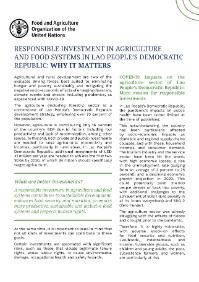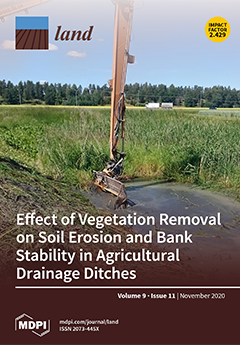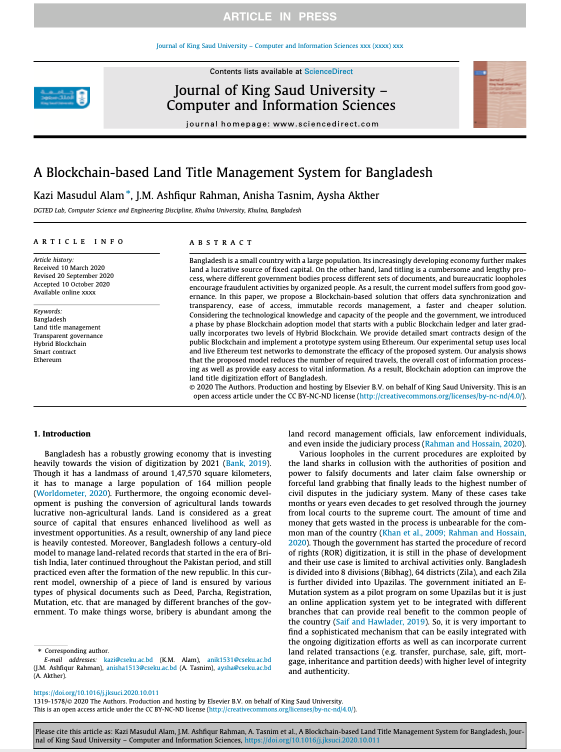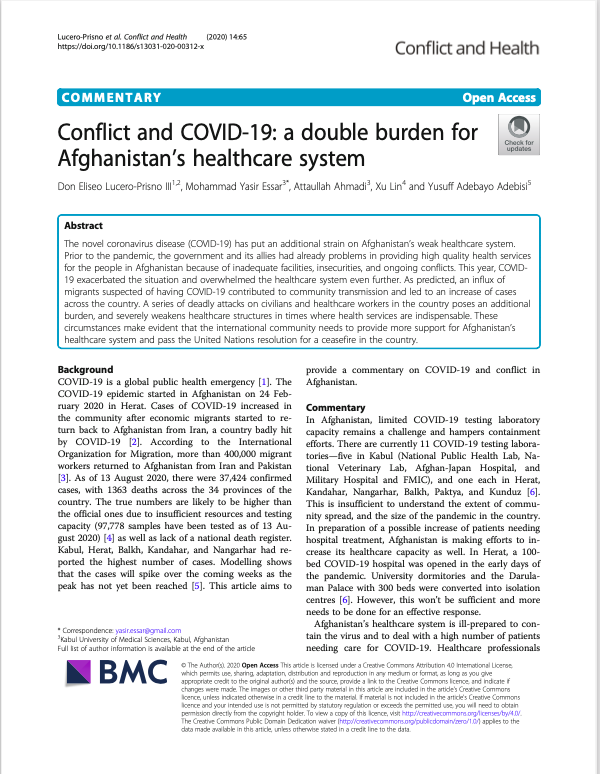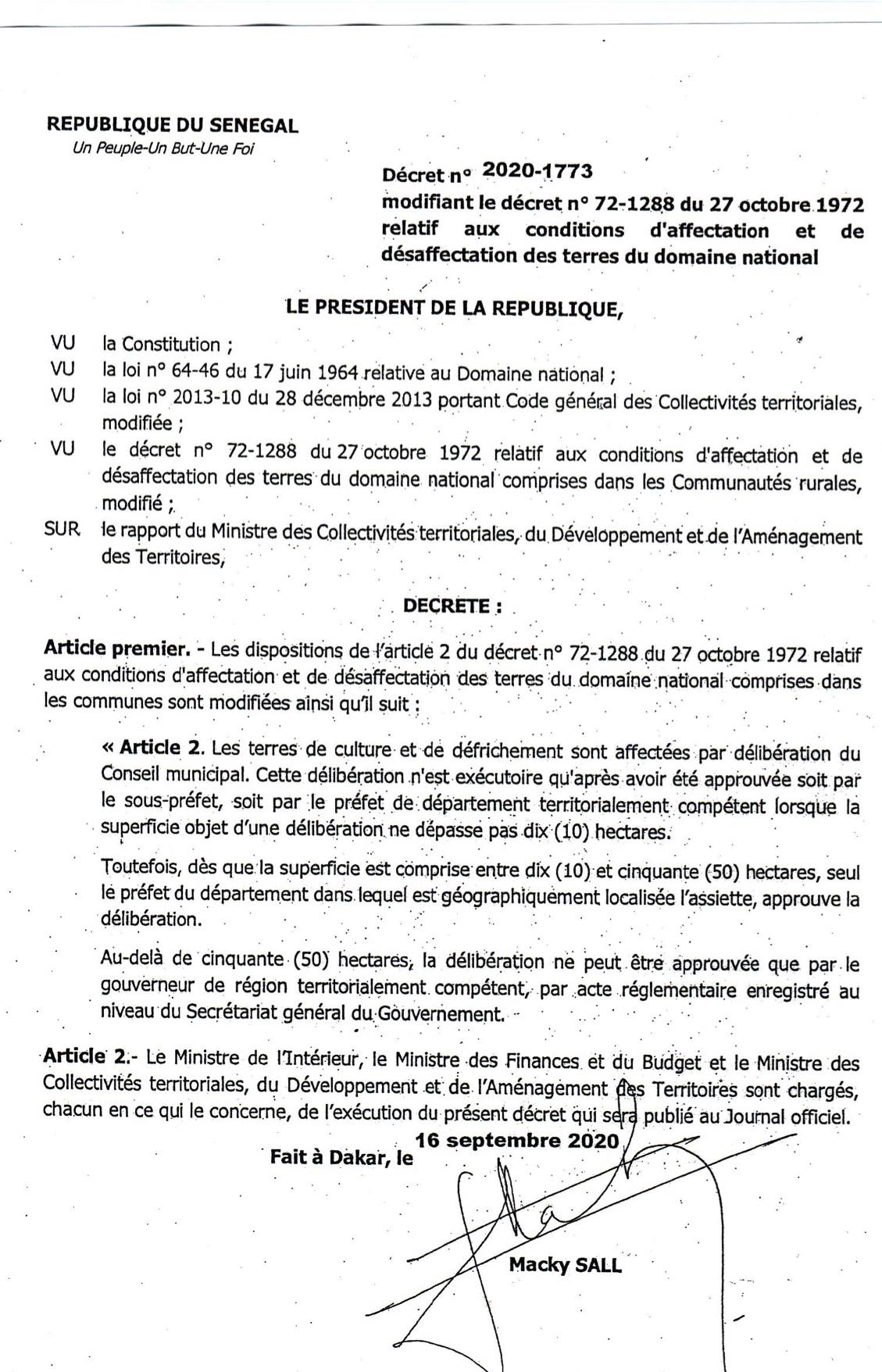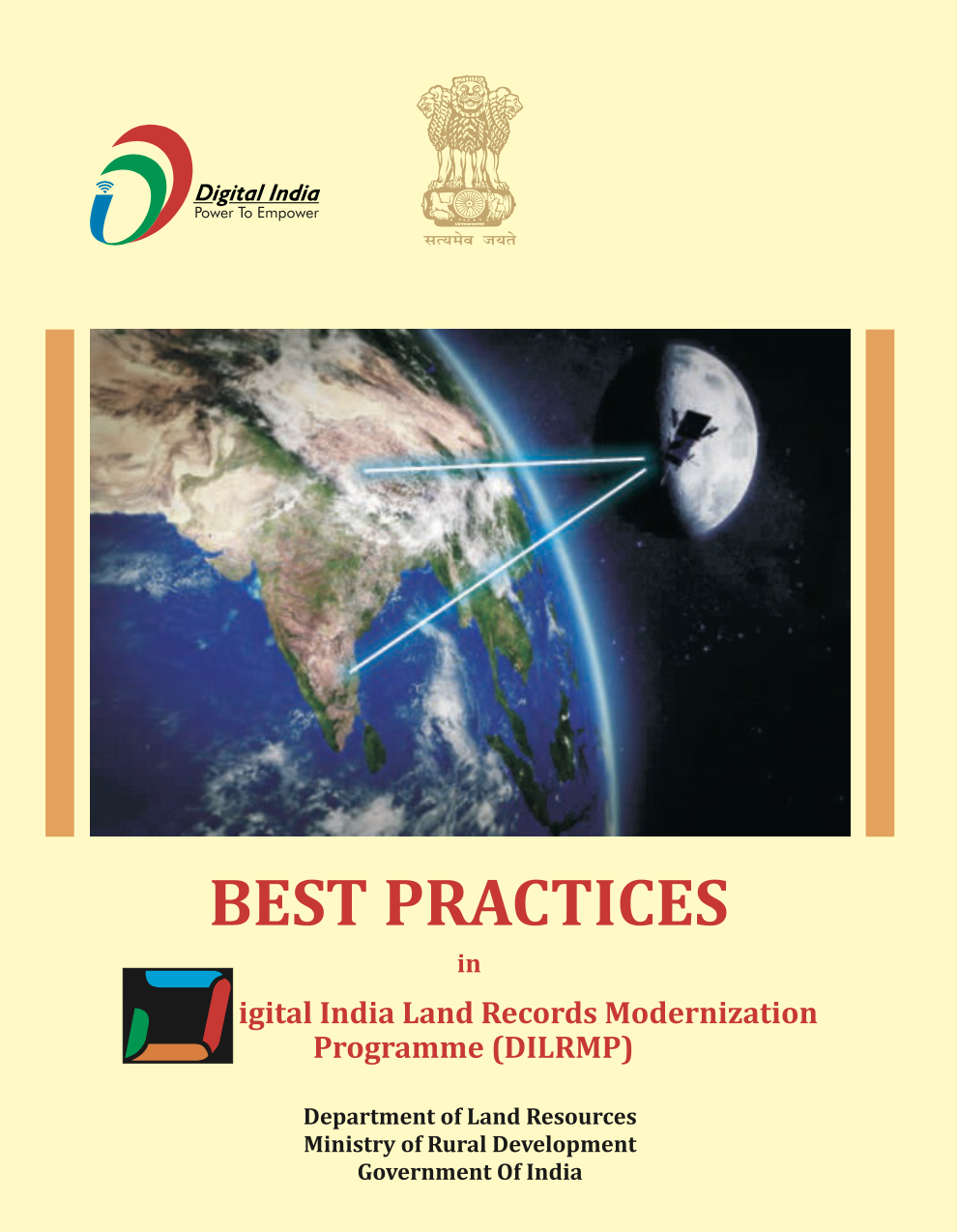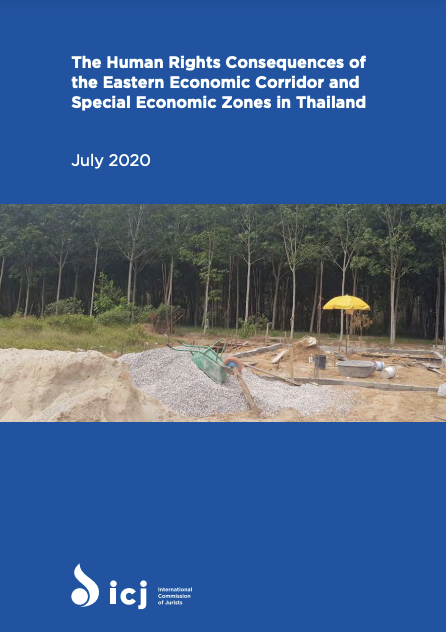Responsible investment in agriculture and food systems in Lao People's Democratic Republic: why it matters
The agricultural sector is a cornerstone of Lao PDR’s development strategy, employing over 70 percent of the population. However, agriculture is contributing only 16 percent of the country’s GDP due to factors including low productivity and lack of modernization, among other issues. To unlock the potential of agriculture to end poverty and hunger by 2030 and achieve the Sustainable Development Goals there is a need for more and better investment in agriculture.

